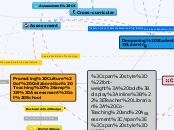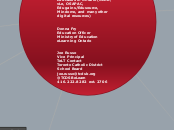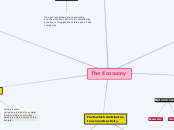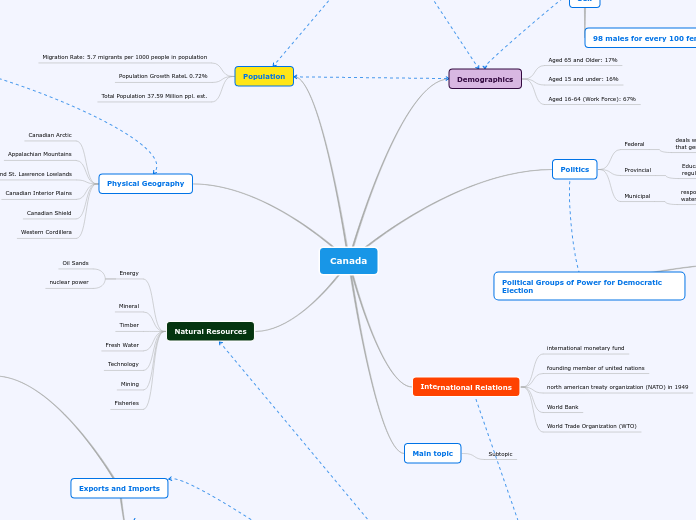On going
Reflection
- on-going reflection as a teacher
- on-going reflection as a student
Professional Development
Goal Setting
Metacognition
CO-Teaching?
(Loertscher & Koechlin, 2014)
Creative Coteaching
Responsive Approach
"All teachers and specialist work together in the learning commons to provide self directed discovery and project learning experiences that are in tune with evolving technology opportunities, knowledge environments and learner’s interests and needs. " ((Loertscher & Koechlin, 2014)
Collaborative
Deliberate Approach
"Both teachers partner to co-design, teach and assess a learning experience that infuses high think, information literacy and technology boosts" (Loertscher & Koechlin, 2014)
Cooperative
Invitational Approach
"Teacher invites teacher-librarian to add value to teacher’s assignment (e.g. teaching search skills) or teacher-librarian develops an invitational lesson" (Loertscher & Koechlin, 2014)
Connected
Outreach Approach
"Teacher sends students to the library for resources and teacher librarian pulls together resources to send to the classroom" (Loertscher & Koechlin, 2014)
Controlled
Isolated Approach
"Everyone working on their own agendas often without knowledge of each other’s talents and expertise" (Loertscher & Koechlin, 2014)
Conference
Conference with students to assist in:
-introducing new topics
-co-constructing
-support integration of tech
-giving prompts to help analyse
-giving descriptive feedback
-recognizing bias
-supporting digital citizenship
-reviewing/analyzing info for relevance
Ontario Library Association. (2011, October). The Student Inquiry Process [PDF]. Toronto, ON.
Teacher Librarian: Co-Teaching and Assessment -Seema Narula
Promoting Culture of Collaboration Teaching & Assessment at School
On-Going Professional Growth & Development
This would also include supporting staff and school in sharing TL's expertise in providing continued support and on-going professional development to support classroom teacher's in using new technology, accessing resources, using databases, using inquiry based learning approaches with tech integration
Backwards Design
"Backward design encourages teachers and curriculum planners to first think like assessors before designing specific units and lessons. “ Doing so invariably sharpens and focuses teaching.”
(Wiggins & McTighe, 2011)
Big Ideas
Performance Task
Students "apply their learning to a new and authentic situation as means of assessing their understanding and ability to transfer their learning"
(Wiggins & McTighe,
2011)
School Effectiveness Framework
Student Learning should:
-increase global perspective
-be done through a lens of authentic and meaningful inquiry
-demonstrated growth and goal setting through metacognition
-involve critical thinking & problem solving
-involve having a choice in demonstrating their learning and in the way they learn
-have access to varied and diverse resources
-resources and explorations should include a variety of digital technologies
(Ontario Ministry of Education, 2013)
Differentiate Instruction & Learning
Deepening Student Learning
Inquiry
Questions
Develop
Processing
Document
Reflect
Assess & Reflect
Create
Investigate
Explore
Model
-balance or perspectives
-thinking concepts
-how to make their thinking visible
-digital citizenship
-use of key words and search terms in mining resources
-info gathering
-determining what info is relevant or not needed
Ontario Library Association. (2011, October). The Student Inquiry Process [PDF]. Toronto, ON.
Assessment
Cross-curricular
Linked to Curriculum
Assessment As
Assessment For
Assessment Of









